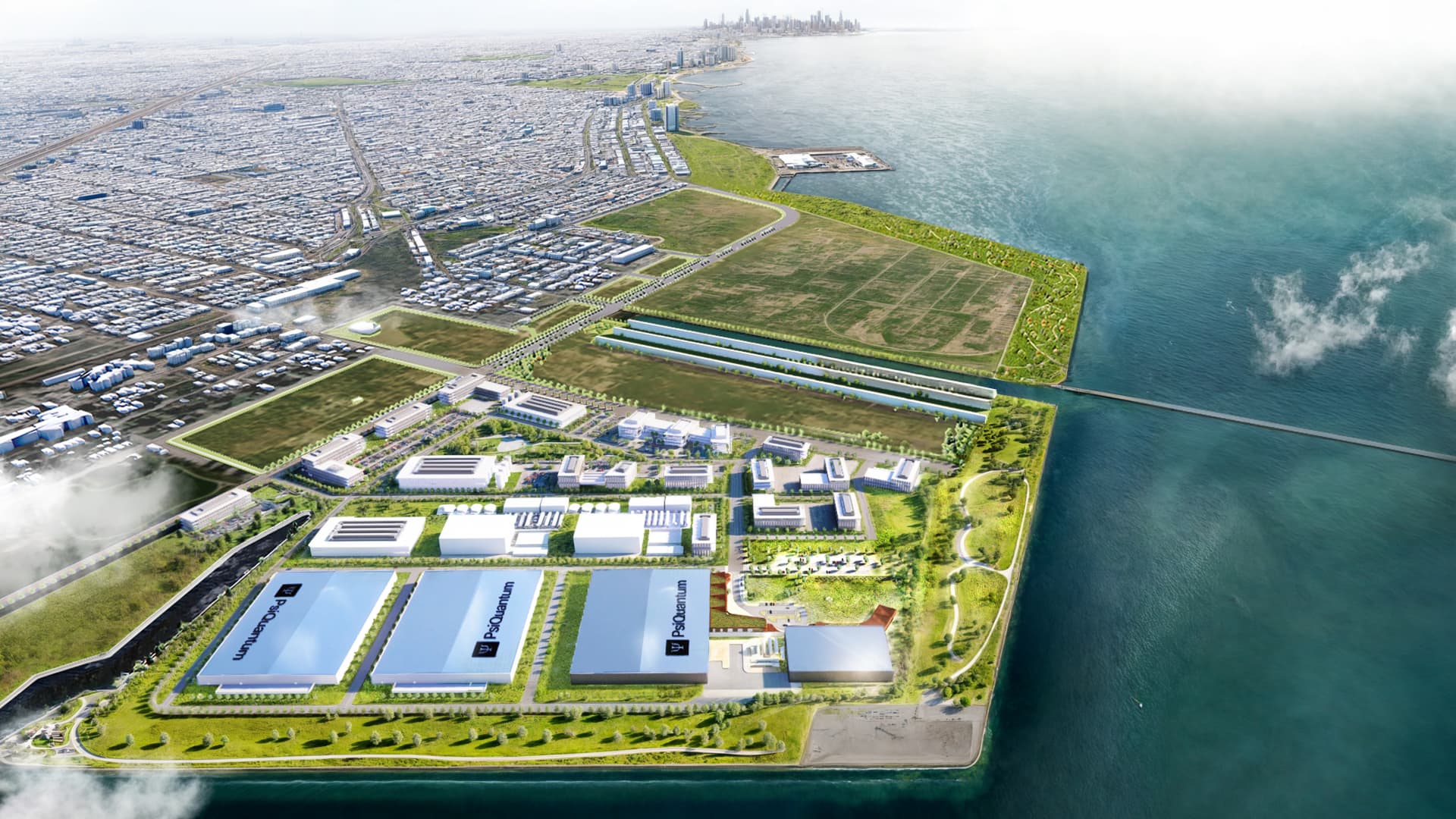Q
uantum computing is on the cusp of a real estate revolution, driven by rapid advancements in the technology. Just as artificial intelligence transformed the data center sector into a goldmine, quantum computing is poised to create new opportunities for investors and developers. According to JLL, significant real estate implications are "on the horizon" as the industry becomes commercially viable.
Quantum computing uses quantum mechanics to solve complex problems that are beyond the capabilities of classical computers. Until now, these supercomputers have been mostly confined to academic or government facilities due to limited practical applications. However, investment in quantum has lagged AI by about a decade, and this is changing quickly.
Andrew Batson, head of data center research at JLL, notes that commercialization of the technology will trigger a significant ramp-up in demand for real estate. "We see the private sector play really married to the point at which commercialization of the product takes place," he said. This could happen as soon as five years from now.
The potential for quantum computing is enormous, with forecasts suggesting $20 billion in investments by 2030 and $100 billion in revenue by 2035. Companies like Microsoft, IBM, Google, and Amazon are already making significant investments in the technology.
Quantum computing has practical applications in various industries, including pharma, agriculture, material science, and financial services. However, it requires specialized facilities that can provide electromagnetic shielding to prevent "noise" from outside disturbances.
The top 20 global quantum markets today have formed near national research centers and universities, with Chicago being a poster child for private real estate development around quantum computing. The Illinois Quantum and Microelectronics Park is set to span 128 acres and will be home to PsiQuantum's facility.
While traditional data centers cannot accommodate quantum computers due to their unique requirements, there are two potential trajectories for quantum real estate: remaining concentrated in existing hubs or moving in with data centers. Integrating quantum with AI could make both more efficient, but it's a period of education and monitoring the development of the technology.















